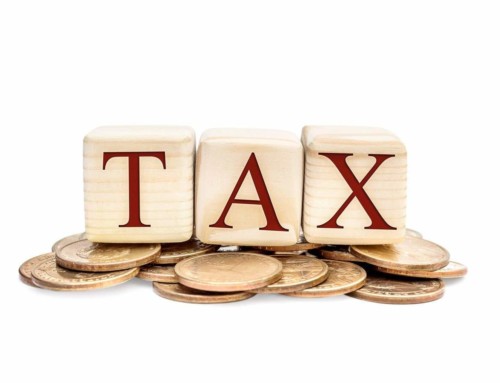Saving for a house, saving for education and saving for retirement? How do I afford it?
We are haunted by cost increases on food, electricity, water, petrol, education – you name it. How do we save when all these costs keep on impacting our monthly budgets?
The first thing you need to do is understand exactly what you are paying for monthly and what you expect to pay in the future. If you do not know what these costs are it means you do not have a BUDGET! Now is the time to establish your budget.
A budget is a summary of likely income and expenses. It is a tool which helps you prioritise spending and manage your money.
Starting
Here are some tips for budgeting:
- Analyse your expenses and income for the last three months. You need to do some work and looking at your bank statement can help.
- Prioritise the important items – for example food, rent, medical aid, bond payments and education.
- Also, remember those once-off annual costs such as your TV license, motor vehicle licence and special levies. One tends to forget these.
- Make provision for that emergency fund. Having a reserve savings account helps with your unexpected expenses.
After the above is done you should have a good idea on what you have left for savings or to reduce any debt.
Keeping within budget
It sometimes feels very hard to stay within budget.
- It is very easy to swipe your credit card. If you are not disciplined with this, it is better to work with cash. Determine what you need per week, it is much easier to turn down those unneeded items if you know you have limited cash on hand. If you want to use the credit card, only use one and keep the credit limit low.
- It is very important that the family works together and knows what the budget for the household is. It is not going to work if your spouse is out spending whilst you are trying to save!
- Debt in an increasing interest rate environment can create problems. If you have more than one loan, choose the one with the highest interest rate and pay more towards reducing it. On the other loans pay the minimum monthly repayment required until the biggest loan is paid off. Then concentrate on the second highest interest rate loan.
Review your budget
If your income has changed it is a good time to review the budget.
If your income increased it is important to make sure your retirement savings is increased by the same percentage.
However, if your income has reduced for some reason, you need to adjust and relook where you can cut spending. This is not an easy task and this is normally when sacrifices need to be made. Start by cutting out the luxuries.
The National Credit Regulator (NCR) gives guidelines to debt counsellors on which “non-essential expenses” can be cut if people are under debt review. This list can be a good start to avoid you going for debt review and includes some of the following aspects:
- The Domestic worker. If this person is a substitute for day care/ crèche you may have to consider letting that person go. This in our opinion does not need to be the first choice if you are not under debt review yet.
- Garden services. You may need to cut it and do the garden yourself!
- Reduce alcoholic beverages and tobacco. The NCR does not recommend that this be suspended in total.
- Reduce entertainment
- Consider cancelling your DSTV if your other entertainment has not been reduced.
- Cancel recreation/club membership if the contract allows it.
- Reduce pocket money.
- Reduce cosmetic services and pamper sessions.
As can be seen from the above the NCR allows these expenses but within reason.
As advisers, we constantly assist clients with their budgeting. It is the beginning of determining what you can save for your goals and can help you to avoid those debt traps. This discipline should stay with you until death.
Contact us at info@ternary.co.za if you wish to discuss any aspects of your budgeting and financial planning.





